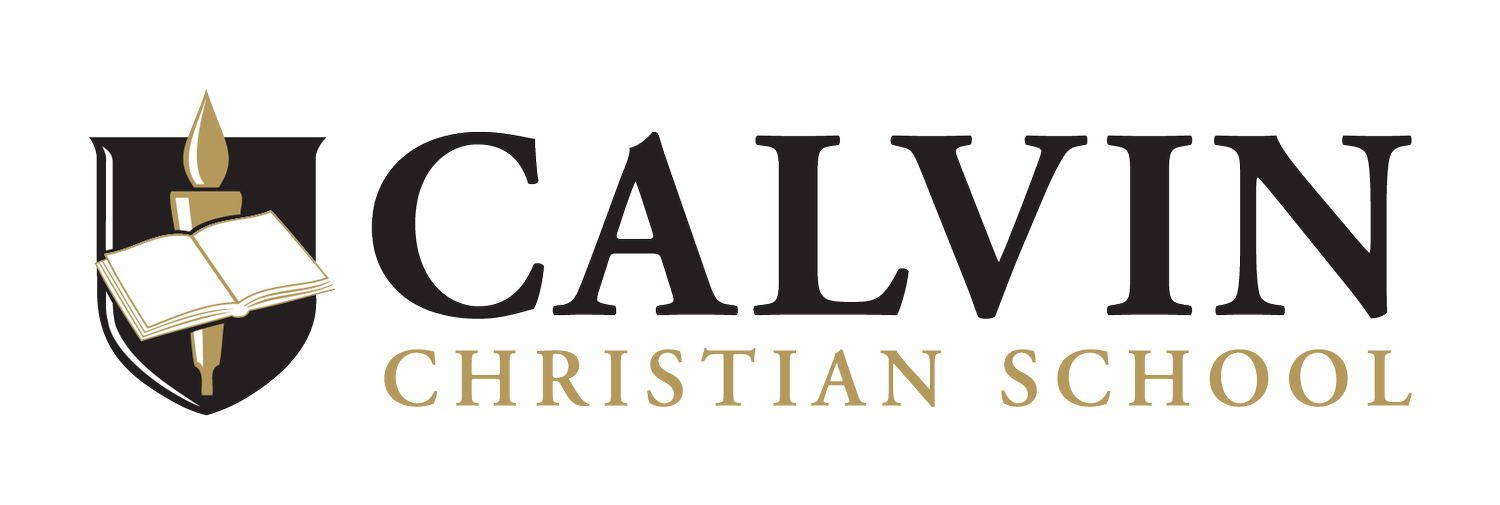On Monday night, we enjoyed a splendid Graduation and Prize-giving ceremony for the Secondary School, and yesterday the awards ceremony at the Primary School went exceptionally well.
Both formal events were a lovely mix of warmth and comfort that is an appropriate reflection of our hearts and school culture.
“Both were that lovely mix of warm and comfortably formal events that are an appropriate reflection of our hearts and school culture”
Yesterday we learned that two of our students have achieved a place in the top one hundred Year 12 Tasmanian students based on ATAR scores. This is a prestigious achievement and I am sure that you will all join me in congratulating Max Bradley and Robyn Bosveld. They richly deserve the adulation that will come their way in the coming days and weeks.
I am confident that we have numerous other students achieve their personal best in their results as they become known in the next few days. I offer congratulations to all our students who graduated on Monday night.
I thought it was fitting to communicate through the newsletter some of my remarks made at the secondary graduation ceremony.
The great historian Geoffrey Blainey noted that our national story is a collection of the simple acts of daily living. It is through these simple actions that significance is achieved and understood.
In that sense, a pioneering woman making bread for her family in a makeshift hut in the 1840s is the essence of history. She was focussed on living her life. She met the circumstances of her life with choices. Historians seek to understand her life. Why was she there? What were her motivations? What were her trials and tribulations? Through investigating who she was we not only unearth a deeper knowledge of our own identity, but we develop a greater understanding of life.
We find compassion in her heartbreak, empathy in her trials, and inspiration in her courage and fortitude.
I am sure that the founding of Calvin Christian School was also anchored in a simple event amidst daily life. In my imagination, I can see someone sitting at a kitchen table and uttering in revelation the words, ‘We need a school!’ Even before the founding Association of Christians was formed, someone needed to proclaim from their spirit the idea that galvanised so many into action.
It was a simple statement. Like so much in God’s kingdom, the spoken word was a formative and creative act. With that simple statement a school was launched.
The idea that became a school needed considerable nurturing and protection. It still does.
All schools rightly claim a heritage. The circumstances of their founding vary. The common factor is the presence of men and women with vision, energy and commitment. Few schools were founded with a vision clear and resonant enough to become a movement. The founding of Calvin has been the influence for the establishment of over 80 other schools of its type around Australia, and was the inspiration for the Christian Schools movement. Thus, Calvin has a proud tradition in the history of education and I think something of a responsibility for maintaining the impact for Christ and for education that was first given impetus in 1962.
The original vision was centred around an unapologetic commitment to Christ, the assimilation into the local community and generational transfer.
Some of our school founders had already lived the convergence of these beliefs. When one of them was asked what motivated him to join the Dutch resistance in defiance of the Nazis, he replied simply, “Because my faith demanded it!”
As the most recent of the many custodians of that vision, I have sought, as they did, to maintain momentum and ensure that the spiritual and educational vision remain vibrant.
My thanks go to all the staff at Calvin, teachers and support staff, for their tireless work to produce that excellent spiritual and educational offering that this Year 12 group, and all other students, have experienced.
Calvin Christian School is a great school. Holding the office of Principal has been a great privilege.
“Calvin Christian School is a great school. Holding the office of Principal has been a great privilege”
The school could not be in better hands for the interim until a new Principal is found. Ineke Laning has a deep appreciation of the culture, history and trajectory of the school. She is so much more than a safe pair of hands to be the custodian of moving into tomorrow without forgetting yesterday.
Whilst this is my last newsletter, it is not my final communication to the school community as Principal.
My first act as Principal, whilst still in the United States, was to author a message that was placed in the Jubilee year time capsule. This capsule will be opened in 2062. The reading of that message will be my last official act as Principal.
Until then, may God keep you close, may your praises to Him rise to heaven as incense and His promises, protection and blessings be returned as His righteous thunder. May all whom you love prosper and find their own way in the heart of God and have their purpose in Him understood.
See you in 2062…
Iain Belôt – Principal


